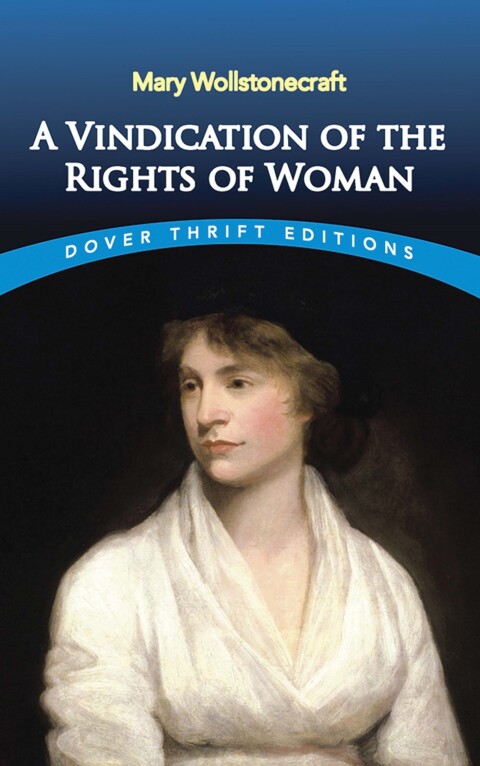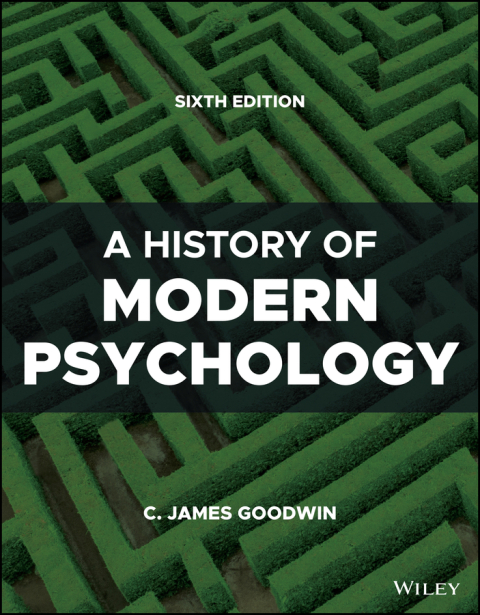Description
Efnisyfirlit
- Cover Page
- Half Title page
- Series page
- Title Page
- Copyright Page
- Dedication
- Contents
- Tables
- Preface
- Introduction
- 1 Classical sociological conceptions of knowledge
- 2 Knowledge about knowledge
- 2.1 Attributes of knowledge
- 2.2 Knowledge as a capacity to act
- 2.3 Knowledge and information
- 2.4 Practical knowledge
- 2.5 Additional knowledge
- 2.6 The uneven development of knowledge
- 2.7 The limits of the growth of knowledge
- 2.8 A sociological concept of knowledge and its context
- Notes
- 3 The knowledge of the powerful1
- 3.1 Knowledge is power and power is knowledge
- 3.2 The iron law of oligarchy
- 3.3 Knowledge/power
- 3.4 The global class
- Notes
- 4 Non-knowledge1
- 4.1 Sigmund Freud and Friedrich August von Hayek
- 4.2 Observing non-knowledge
- 4.3 Non-knowledge as a myth?
- 4.4 Lack of knowledge
- 4.5 Ignorance
- 4.6 The division of knowledge and information
- 4.7 Knowledge gaps
- 4.8 Non-knowledge about non-knowledge
- Notes
- 5 Policing knowledge
- 5.1 The self-realization of knowledge
- 5.2 The self-protection of knowledge
- 5.3 Superfluous knowledge
- Notes
- 6 Forms of knowledge
- 6.1 Everyday knowledge
- 6.2 The power of everyday knowledge
- The compartmentalization of the lifeworld
- Mythological and scientific truths
- Organized knowledge and traditional knowledge
- Science and ignorance
- 6.3 Indigenous or traditional knowledge
- 6.4 Tacit knowledge
- Notes
- 7 Global knowledge1
- 7.1 Basic reflections on global knowledge
- 7.2 Global knowledge worlds11
- 7.3 Structures of global knowledge spaces
- 7.4 Forms of global knowledge worlds
- 7.5 Attributes of knowledge that promote globalization
- 7.6 Limits to the globalization of knowledge32
- 7.7 The project of worldwide worlds of knowledge, and the doubts about its likelihood
- Notes
- 8 Digital worlds and knowledge/information1
- 8.1 Information, communication and technology
- 8.2 Societal communication and shared knowledge
- 8.3 Analyzing the ubiquity of media: mediatization
- 8.4 New media, old media and the hybrid media system
- 8.5 ICTs, surveillance and knowledge
- 8.6 Communication, media and knowledge
- Notes
- 9 Functions of knowledge
- 9.1 Knowledge as power and authority
- 9.2 The power of ideas
- 9.3 Knowledge and the economy
- 9.4 Knowledge as property and public good
- Notes
- 10 The price of knowledge
- 10.1 Human capital7
- 10.2 Symbolic and knowledge capital
- 10.3 Patents20
- 10.4 Taxation34
- Notes
- 11 The benefits of knowledge
- 11.1 The distribution of knowledge
- 11.2 Knowledge, power and participation
- 11.3 Knowledge societies5
- Early notions of the knowledge society
- Social scientific conceptions of the knowledge society
- Contemporary theories of the knowledge society
- Notes
- Bibliography
- Index






